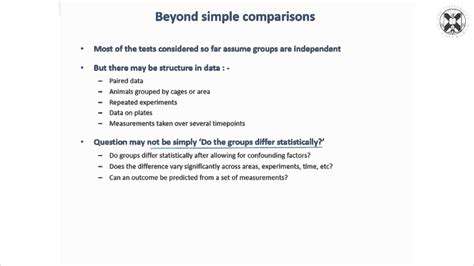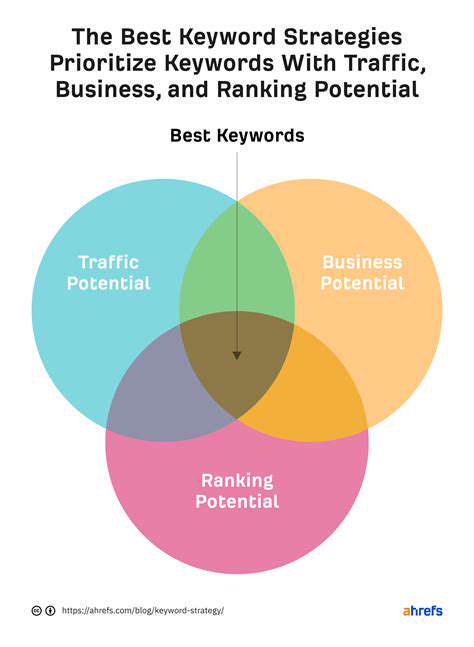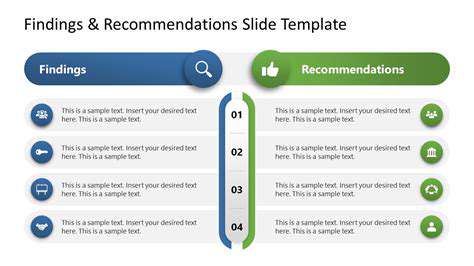How to Market Your Small Business on a Budget
Optimizing Your Website for Search Engines (SEO)
Keyword Research: Finding the Right Words
Understanding what your target audience is searching for is crucial for SEO success. Thorough keyword research involves identifying the specific terms and phrases potential customers use when looking for products or services like yours. This goes beyond simply guessing—it requires analyzing search volume, competition, and the intent behind those searches. Tools like Google Keyword Planner and SEMrush can provide valuable data, helping you uncover high-volume keywords with less competition, allowing you to target your efforts effectively and improve your website's visibility in search engine results pages (SERPs). This strategy ensures your content resonates with your audience, attracting organic traffic and ultimately boosting your small business's online presence.
Consider long-tail keywords – more specific phrases that often have lower search volume but higher conversion rates. For instance, instead of targeting shoes, you might target comfortable walking shoes for women's wide feet. This focused approach targets a niche market more precisely, leading to more qualified leads and ultimately more sales for your small business.
On-Page Optimization: Structuring Your Content
Optimizing your website's individual pages is crucial for search engines to understand the content and context of your offerings. This involves strategically incorporating keywords naturally within page titles, headings, meta descriptions, and throughout the body of your content. Using descriptive alt text for images further enhances SEO efforts. These elements signal to search engines the relevance of your website's content to specific search queries, improving your ranking and attracting the right audience. Consistent and high-quality content, optimized with relevant keywords, is a cornerstone of a strong SEO strategy.
Furthermore, organizing content logically with clear headings and subheadings, along with using internal links to connect related pages, helps users navigate your website smoothly and improves site structure. Search engines favor websites that are easy to navigate, which is why a well-structured site improves user experience while reinforcing your SEO efforts and boosting your small business's online visibility.
Technical SEO: Ensuring Crawlability and Indexability
Technical SEO encompasses the behind-the-scenes aspects of your website that influence how search engines crawl and index it. A crucial aspect is ensuring your website is fast and mobile-friendly. A slow-loading site negatively impacts user experience and search engine rankings. Optimizing website speed, ensuring mobile responsiveness, and implementing structured data markup are vital for a successful technical SEO strategy. These elements ensure your website is easily accessible and understandable by search engines.
Other important technical aspects include creating a sitemap and submitting it to search engines, as well as resolving broken links and implementing proper redirects. These actions ensure that search engine crawlers can effectively navigate your website, access all content, and index it correctly. This, in turn, contributes to a better search engine ranking and more targeted traffic to your small business website.
Content Marketing: Creating Valuable Content
Content marketing plays a vital role in attracting and engaging your target audience. By consistently creating high-quality content that addresses their needs and interests, you establish yourself as an authority in your niche. This can include blog posts, articles, infographics, videos, and social media updates. This valuable content not only attracts organic traffic but also builds trust and credibility with potential customers. It positions your small business as a valuable resource, fostering long-term relationships and driving conversions.
Promoting this content through various channels, such as social media and email marketing, can further increase visibility and reach a broader audience. Creating valuable content is a critical aspect of SEO, demonstrating expertise, building trust, and ultimately contributing significantly to the growth of your small business.

Read more about How to Market Your Small Business on a Budget
Hot Recommendations
- How to Stay Productive While Working Remotely
- Tips for Managing Conflict with Coworkers
- Entrance & Certification Exams (升学考试)
- How to Improve Your Storytelling Skills (Speaking)
- How to Find Profitable Side Hustles
- Tips for Preparing for the TOEFL iBT Home Edition
- Guide to Switching Careers from [Industry A] to [Industry B]
- How to Run an Effective Hybrid Meeting
- Tips for Marketing Your Side Hustle on Instagram





![Best Resume Templates for Career Change [2025]](/static/images/32/2025-05/EmphasizingKeywordsandIndustry-SpecificLanguage.jpg)





![Best Online Courses for Learning [Specific Business Skill, e.g., Negotiation]](/static/images/32/2025-05/ComprehensiveNegotiationStrategies3AChoosingtheRightCourse.jpg)